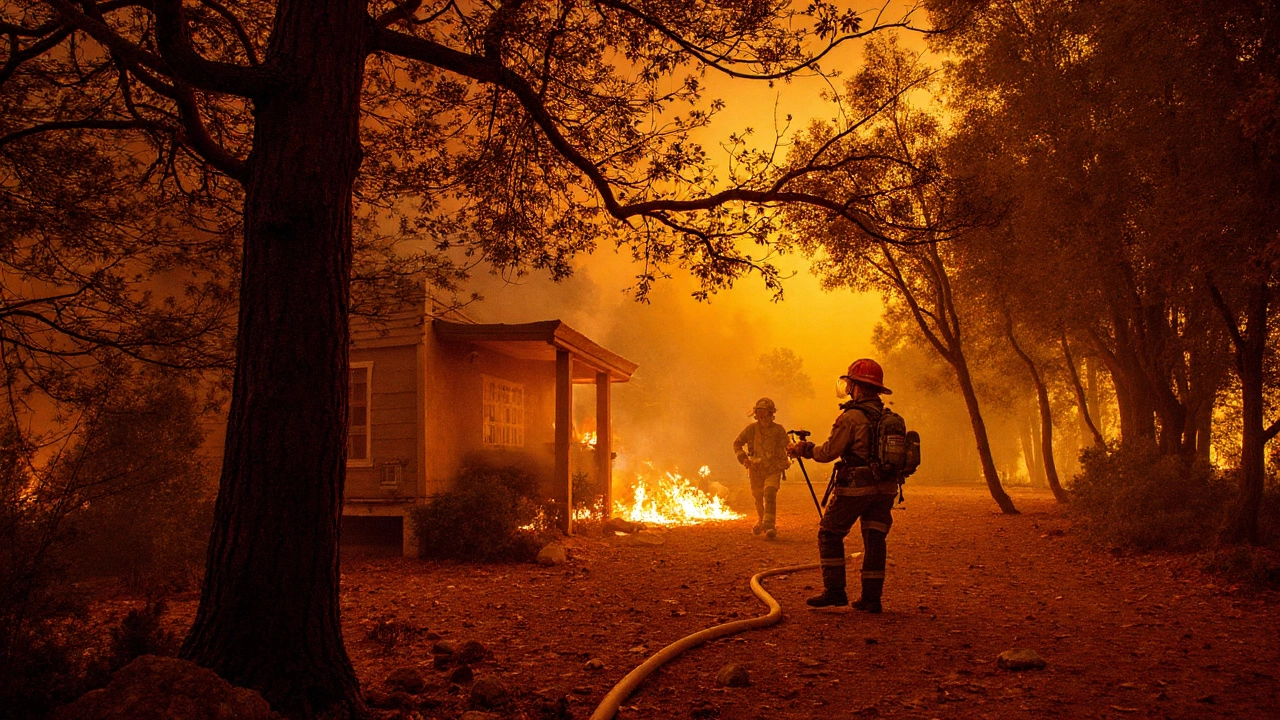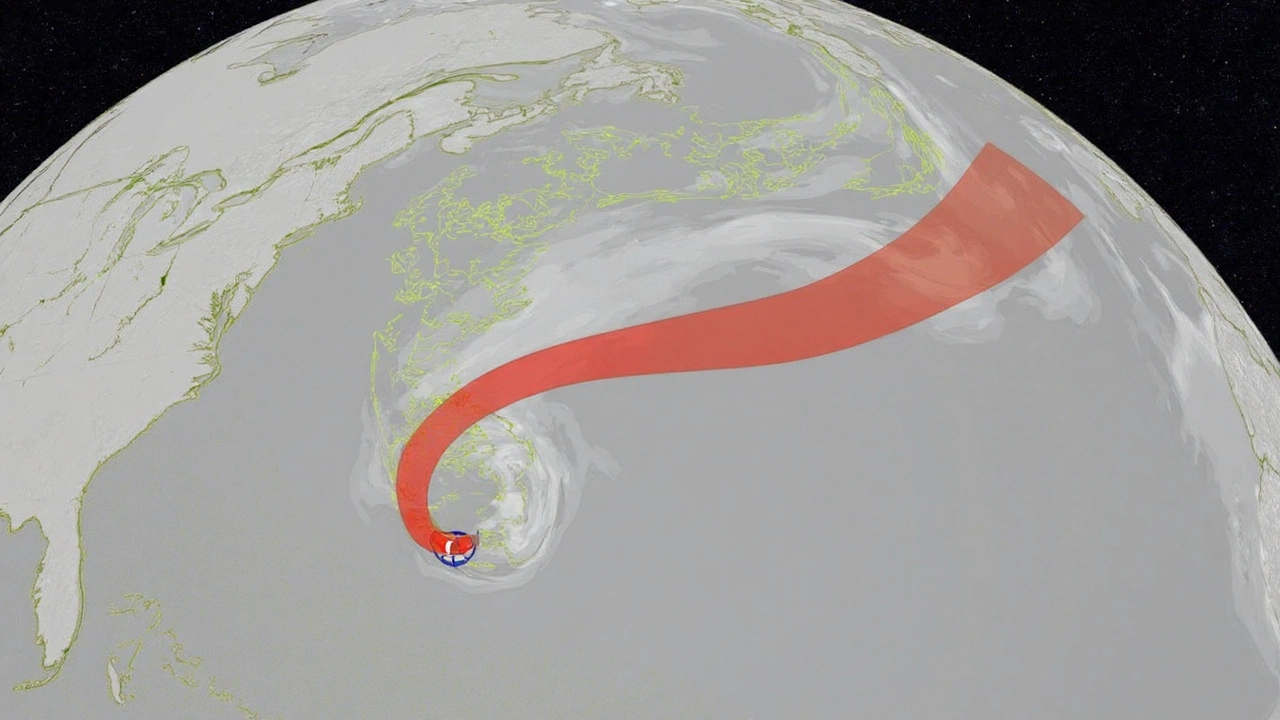The Lost Bus Brings 2018 Camp Fire Tragedy to the Big Screen

Behind the Scenes of The Lost Bus
When Paul Greengrass first read Lizzie Johnson’s 2021 nonfiction account, he saw more than a disaster report—he saw a story of ordinary people thrust into an impossible situation. Partnering with screenwriter Brad Ingelsby, Greengrass stripped the narrative down to its core: a school bus driver, a handful of children, and a wildfire that refuses to wait.
Matthew McConaughey didn’t just sign on for a typical action role. He spent weeks riding school buses in small towns across Texas to understand the rhythm of a driver’s day, the crew’s banter, and the quiet moments before a crisis hits. "I wanted to feel the weight of that steering wheel, not just the heroics," McConaughey told a reporter backstage at the Toronto International Film Festival.
The casting of America Ferrera as the teacher Mary Ludwig added another layer. Ferrera, who grew up in a fire-prone area of California, drew on personal memories of evacuation drills to bring authenticity to the role. Together, McConaughey and Ferrera rehearsed emergency protocols with actual Cal Fire personnel, ensuring that every cue—whether a radio crackle or a shouted instruction—felt lived‑in.
Even the supporting cast carries real‑world ties. Yul Vazquez, playing battalion chief Ray Martinez, consulted with veteran firefighters to nail the jargon and the exhausted determination that characterizes rescue leaders. Ashlie Atkinson, the depot dispatcher Ruby, was a former communications operator, lending her performance a subtle, but unmistakable, credibility.
On set, the crew recreated the scorched streets of Paradise using a mix of practical effects and CGI. Director Greengrass insisted on filming many of the fire sequences in real time, using controlled burns and high‑speed cameras. The result is a series of claustrophobic shots that make the audience feel the heat rising around the bus’s windows.

How the Film Handles the Camp Fire Legacy
The Camp Fire of November 2018 remains California’s deadliest wildfire, with 85 lives lost and more than 18,000 structures reduced to ash. The film doesn’t shy away from those numbers; it embeds them in the narrative through news footage intercuts and the quiet conversations the characters have about lost neighbors.
McConaughey’s character, Kevin McKay, wrestles with personal demons—financial strain, a strained relationship with his own father, and the pressure of being a single parent. Those struggles become a mirror for the community’s broader fight for survival. The script uses his redemption arc to ask a bigger question: can an everyday person become a hero when faced with catastrophe?
Critics have noted that while the three‑act structure feels deliberate, it serves a purpose. The first act establishes the routine of the bus route, the second thrusts the vehicle into the inferno, and the third follows the frantic attempts to find any viable escape. Los Angeles Times reviewer praised the “pulse‑pounding moments” but mentioned the pacing feels “sculpted for character arc effect.”
Audience reactions after the limited theatrical release on September 19, 2025, have been overwhelmingly positive. Social media threads are flooded with comments about the film’s realistic fire visuals and the raw emotions captured in the driver‑teacher dynamic. Viewers who lived through the actual fire have expressed that the movie honors both the pain and the heroism of the day.
Beyond its dramatic impact, The Lost Bus serves as a reminder of the increasing threat of wildfires in the West. By pairing a tight personal story with a larger environmental crisis, the film invites conversation about forest management, climate change, and community preparedness. The upcoming Apple TV+ streaming debut on October 3, 2025, promises to widen that discussion to a global audience, ensuring the memory of Paradise’s tragedy continues to spark dialogue and, perhaps, action.